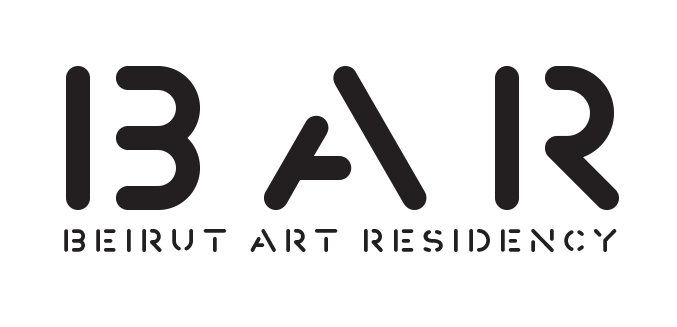KATRIN WINKLER
Dates of residency: July till August 2019
Born: 1983
Nationality: German
Lives and works: Berlin, Germany
Education:
2016 Master Class, Academy of Fine Arts Leipzig
2013 MFA Programme at the California Institute of the Arts
2011 MFA in Photography, Media and Integrated Media
2009 BFA in Photography from the University of Applied Sciences
Selected screenings:
2019 How To Build a Lagoon with Just a Bottle of Wine, Lagos Biennial, Nigeria
2019 12x12, IBB Videoraum, Berlinische Galerie, Berlin
2019 65. International Short Film Festival Oberhausen, German Competition
2019 performing monuments, Sursock Museum, Beirut
Videostill, Performing Monuments, HD, 15:07, color, sound, 2018, ©Katrin Winkler
THE FILMMAKER
Katrin Winkler works in the fields of expanded cinema, critical research, photography and video installation. How history is in-/visible and entangled with the contemporary moment is a recurring theme in her artistic practice. Winkler was a student assistant at the Katutura Community Art Center, Windhoek and the City Varsity, Cape Town. Winkler completed her studies among Allan Sekula, Ashley Hunt, Michelle Dizon and Billy Woodberry in the MFA Program at the California Institute of the Arts, Los Angeles. Her video-installation towards memory was shown at Berlinale Forum Expanded. Her last film performing monuments was shown at n.b.k Berlin, Kassel DokFest and at the International Film Festival in Dhaka. Since 2019 she has been part of BPA-Berlin Program for Artists. Her works are shown in the context of international art exhibitions and at film festivals.
THE RESIDENCY
Traces is a video and research project Winkler worked on in Beirut grappling with ruptures, failures and gaps in histories using filmmaking as a place of encounter to reconsider what is visible or not. The starting point is archival research and the documentation of personal narratives out of women’s perspectives in Lebanon in relation to traces of colonialism in the city in order to cinematically negotiate the field of tension between lived experiences and public narratives. The division and (dis-) possession of land in the context of French colonialism (1923−1946) in Lebanon and recent wars are still visible in Beirut’s cityscape and its surrounding landscapes. To find ways of activating monuments in collaboration and develop cinematic strategies that allow to reflect on the monumentalization of history is an integral part of Traces.


